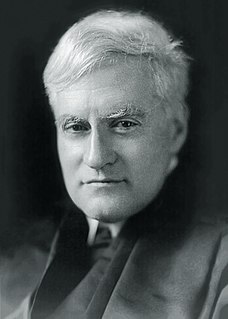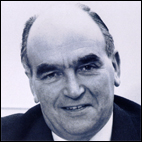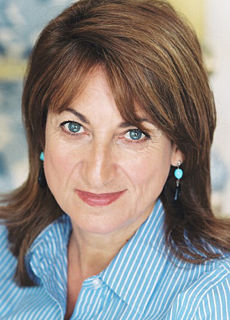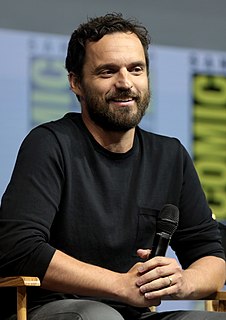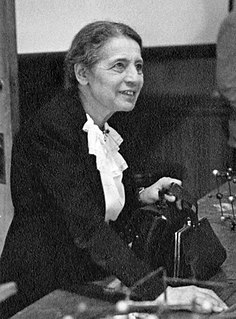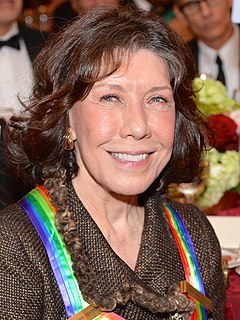A Quote by John Burroughs
Emerson stands apart from the other poets and essayists of New England, and of English literature generally, as of another order. He is a reversion to an earlier type, the type of the bard, the skald, the poet-seer.
Related Quotes
As I search the archives of my memory I seem to discern six types or methods [of judicial writing] which divide themselves from one another with measurable distinctness. There is the type magisterial or imperative; the type laconic or sententious; the type conversational or homely; the type refined or artificial, smelling of the lamp, verging at times upon preciosity or euphuism; the demonstrative or persuasive; and finally the type tonsorial or agglutinative, so called from the shears and the pastepot which are its implements and emblem.
From the moment when a subordinate class becomes really independent and dominant, calling into being a new type of State, the need arises concretely, of building a new intellectual and moral order, i.e. a new type of society, and hence the need to elaborate the most universal concepts, the most refined and decisive ideological weapons.
Some of the old folk singers used to phrase things in an interesting way, and then, I got my style from seeing a lot of outdoor-type poets, who would recite their poetry. When you don't have a guitar, you recite things differently, and there used to be quite a few poets in the jazz clubs, who would recite with a different type of attitude.
O. Hahn and F. Strassmann have discovered a new type of nuclear reaction, the splitting into two smaller nuclei of the nuclei of uranium and thorium under neutron bombardment. Thus they demonstrated the production of nuclei of barium, lanthanum, strontium, yttrium, and, more recently, of xenon and caesium. It can be shown by simple considerations that this type of nuclear reaction may be described in an essentially classical way like the fission of a liquid drop, and that the fission products must fly apart with kinetic energies of the order of hundred million electron-volts each.
The letters of famous people can be placed into two categories: there is the type of letter which becomes itself a valuable contribution to literature through its wit, style or wisdom; another kind is that whose main importance lies in the provision of a background to their author's life. Especially in the correspondence of great writers and poets, these two factors are very often combined.
...Generally people don't recomend this type of book at all. It is far too interesting. Perhaps you have had other books recomended to you. Perhaps, even, you have been given books by friends, parents, teachers, then told that these books are the type you have to read. Those books are invariably described as "important"- which in my experience, pretty much means that they're boring. (words like meaningful and thoughtful are other good clues.)
We're headed for what is called Type 1 Civilization, planetary civilization. Type 2 would be stellar civilization, like Star Trek. Type 3 Civilization would be galactic, like Star Wars. We are Type 0. We get our energy from dead plants, oil and coal. But the question is: Will we make it? Will we make the transition from Type 0 to Type 1? It's not clear.


